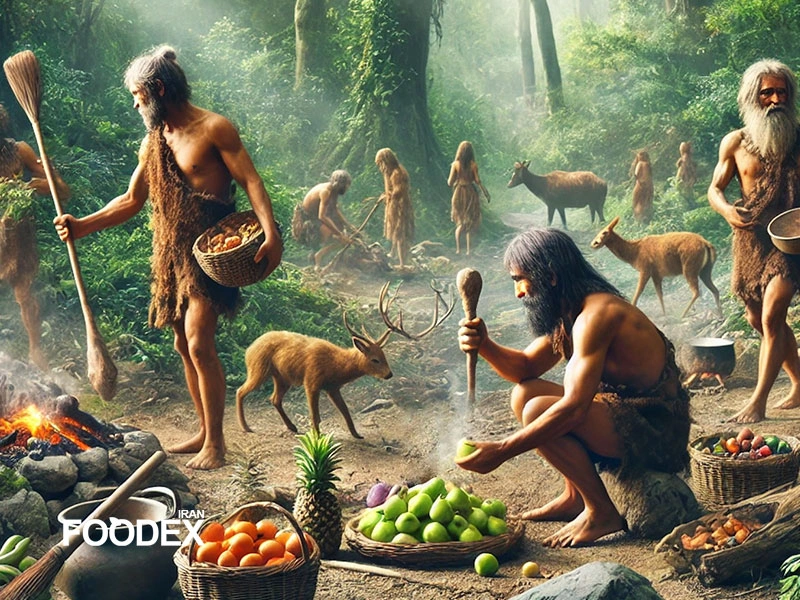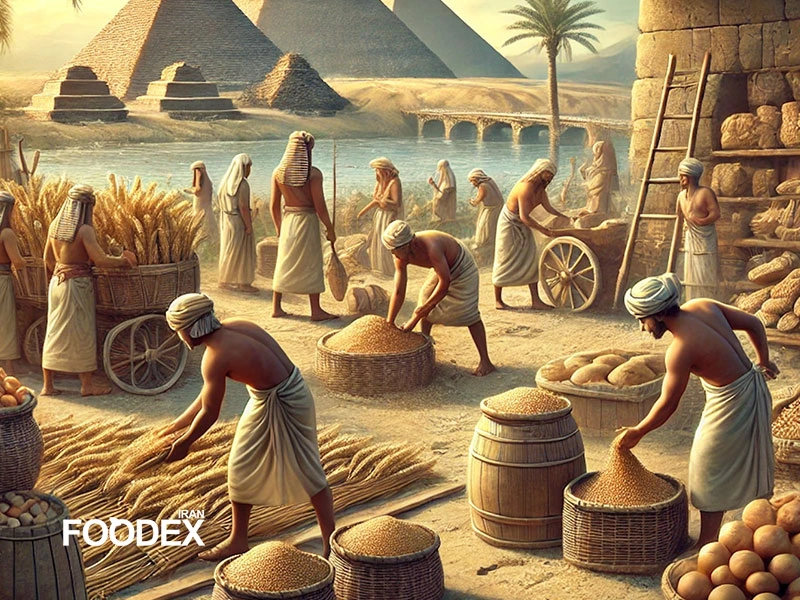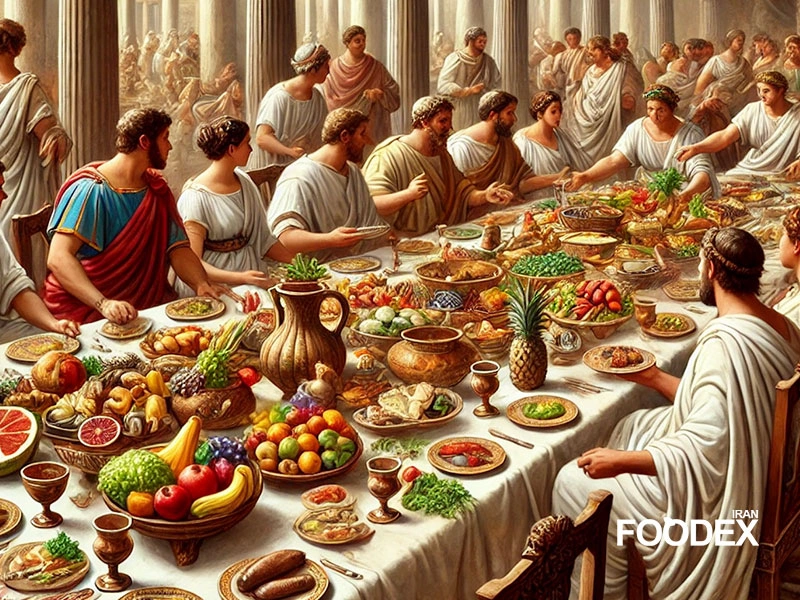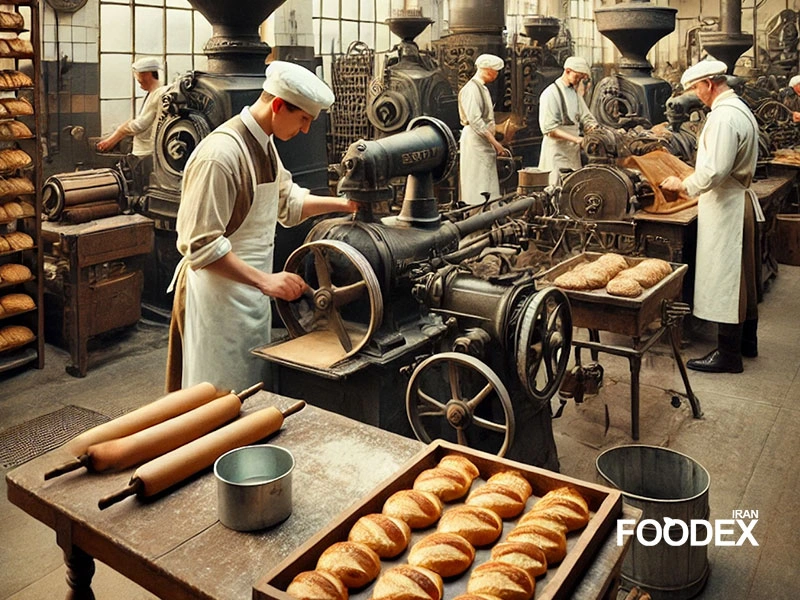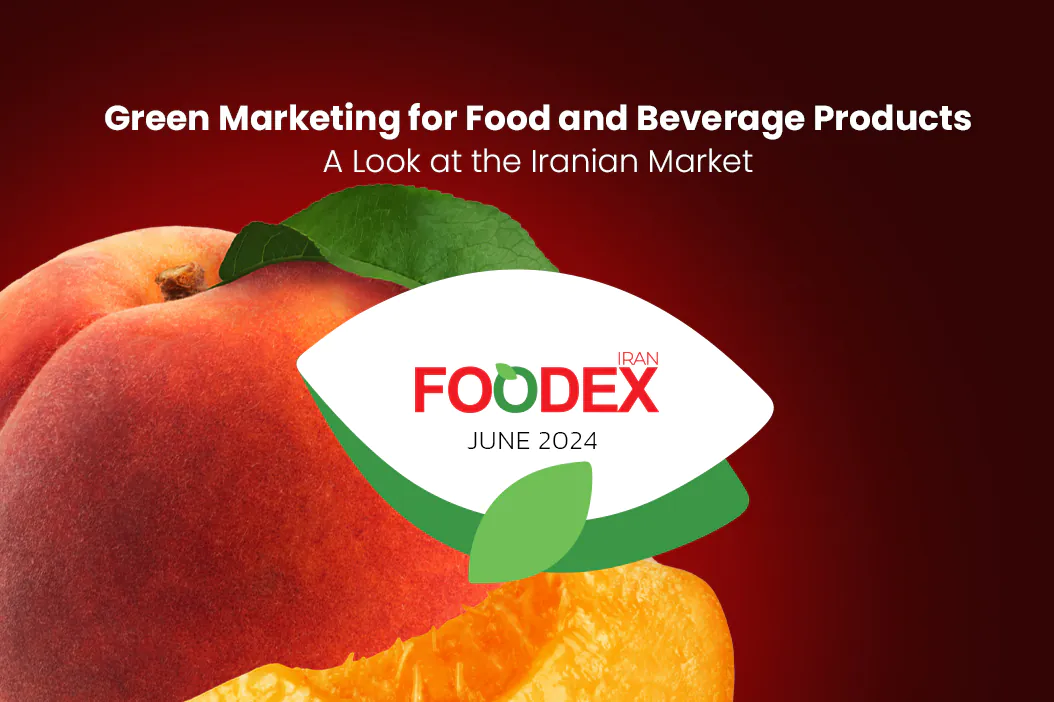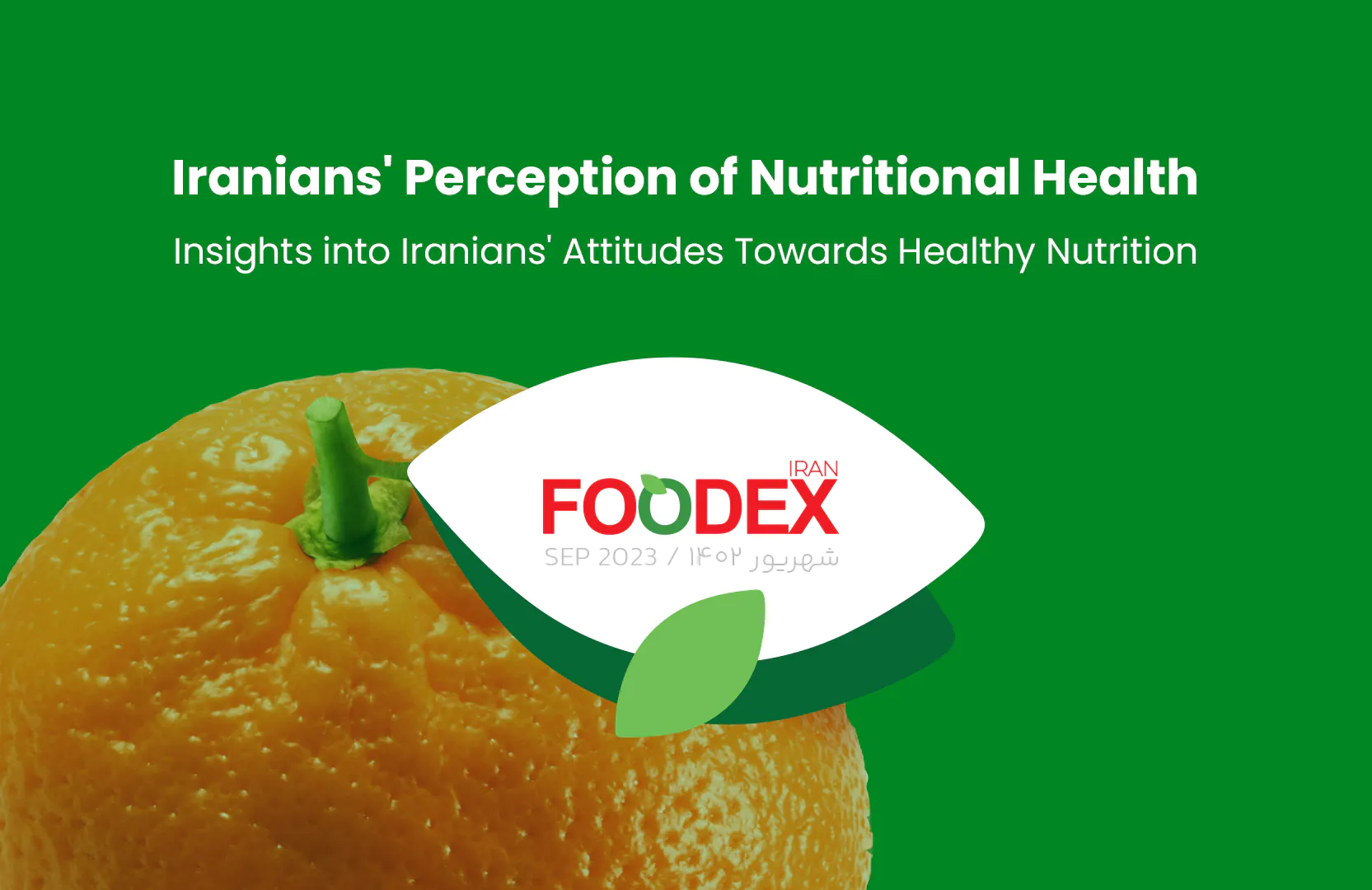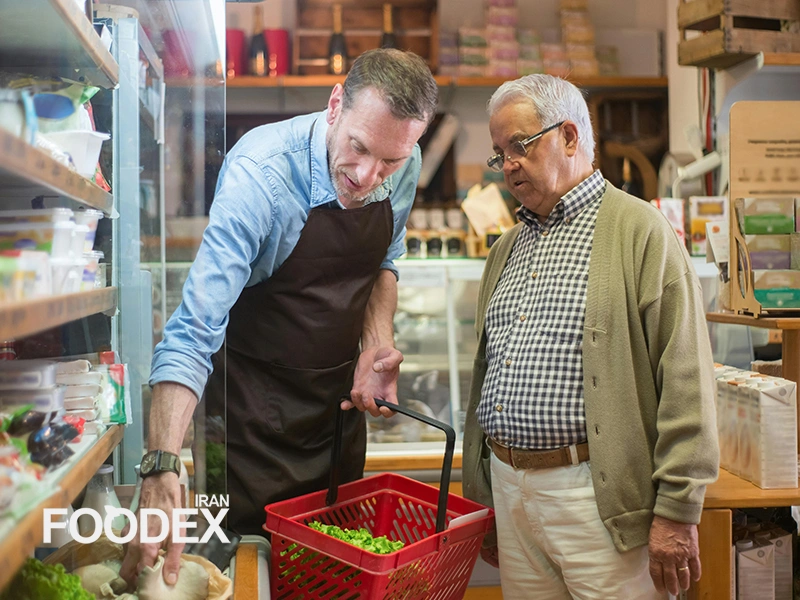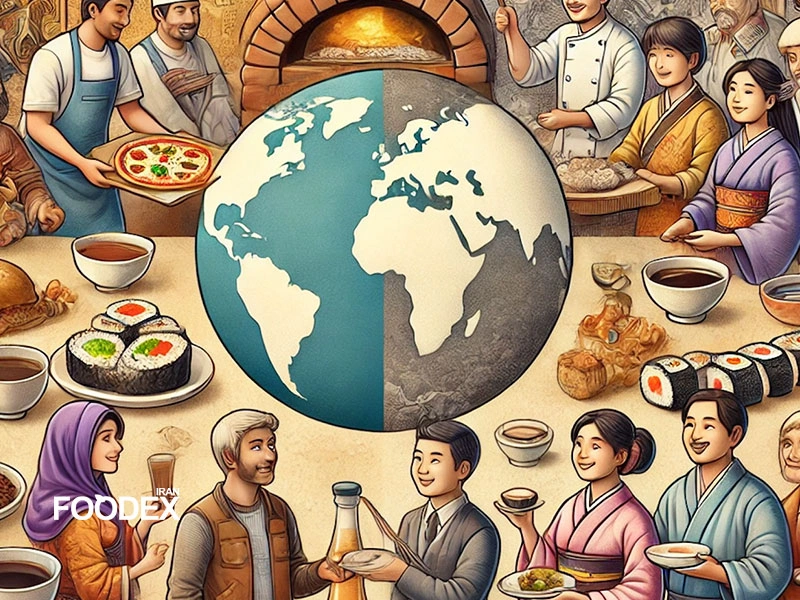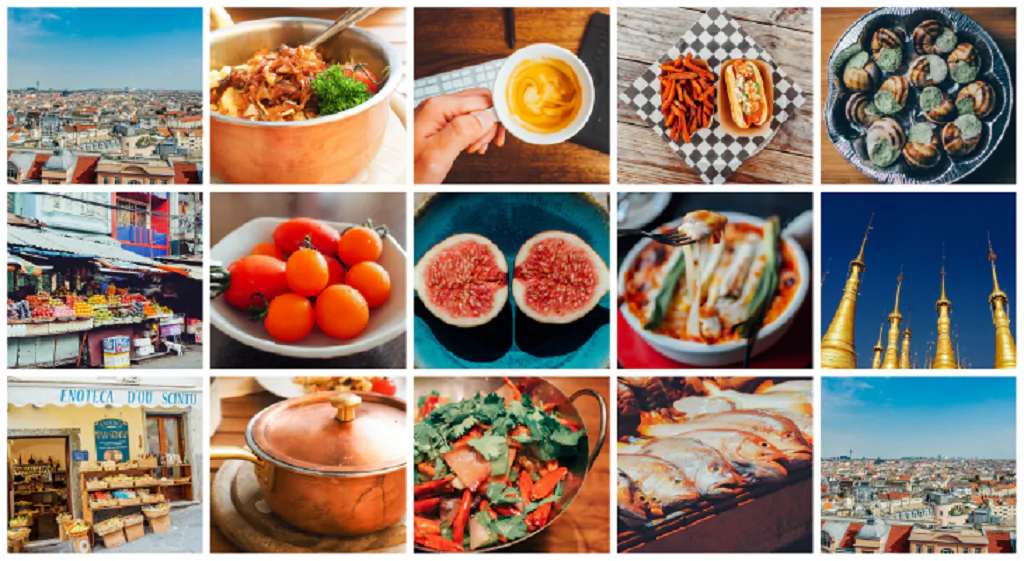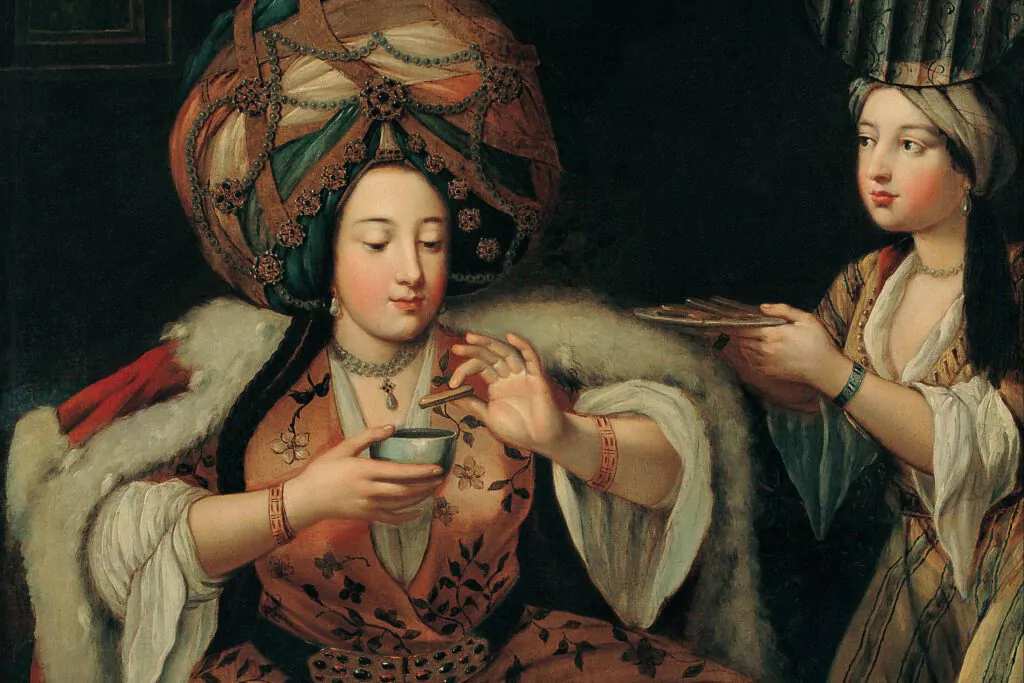Food and drink have always been central to human life, playing a pivotal role in the development and advancement of civilizations. Over time, what we eat and drink has been shaped by our geography, our culture, and technological progress. From early human efforts in hunting and gathering to the rise of processed modern foods, the history of food and beverages mirrors humanity’s economic, cultural, and social evolution. In this article, Foodex dives into the major historical changes in food and drink, tracing the journey from ancient times to the modern era.
Ancient Beginnings
From Hunter-Gatherers to Early Farmers
The First Human Diet, The Age of Hunters and Gatherers
About two million years ago, early humans were hunter and gatherers. They consumed the natural world around them like wild fruits, plants, insects, and animals to survive. This period of time, marked the earliest efforts to secure food through hunting and gathering. Archaeological evidence shows that early humans used stone tools for hunting and food preparation, and their development of cooking over fire shaped and changed their diets.
The Agricultural Revolution
As natural food sources became insufficient due to climate changes and growing populations, humans started farming. Around 10,000 years ago, in what is known as the Neolithic Revolution, agriculture emerged. This was an important change in food history. Early communities in regions like Mesopotamia, Egypt, China, and Central America began cultivating crops like wheat, barley, and rice. Animal domestication also let people to access meat, milk, and other animal products as stable food sources for themselves.
Food in Ancient Civilizations
Egypt and Early Foods
Long ago, in ancient Egypt, food and drink were crucial for both sustenance and religious ceremonies. Bread and beer were the first food and beverage stuff for people. Bread played a significant role in religious practices, funerals, and daily meals. Egypt, as one of the first agrarian civilizations, produced vast quantities of grains and fruits, exporting food to other regions.
Greece and Rome: Food in the Classical Era
In ancient Greece, food was essential not only for survival but also for shaping culture and philosophy. Greeks knew food as a symbol of civilization, and religious festivals often centered around meals. Olive oil, bread, fish, and wine were main dietary staples.
Romans shared similar food traditions, placing immense value on food and drink. Meals were known as symbols of wealth and power. Roman diets were diverse, including fruits, vegetables, meats, and wine, and they embraced spices and different types of sauces from various cultures.
China and India: Advancements in Culinary Arts and Beverage Production
China and India were pioneers in global food and beverage production. In China, rice and tea have been dietary cornerstones throughout its history, with tea playing both a cultural and ceremonial role for people living in the mentioned era.
India, with its rich cuisine, became famous for its flavorful curries and plant based dishes. Spices like pepper, ginger, and turmeric traveled the world via trade routes, becoming integral to global cuisine.
The Middle Ages and Renaissance
The Middle Ages: The Role of Food in Feudalism
During the Middle Ages, food was heavily influenced by social and religious structures. In feudal Europe, food symbolized power and wealth. Nobles indulged in luxurious, spice-laden meals, while peasants relied on simpler fare like bread and soup.
Religion also played a major role in food consumption, with many religious festivals and holidays dictating what was eaten!
The Renaissance
Cultural Shifts in Food and Drink
The Renaissance brought significant changes to Europe’s culinary culture, more than it did to art and literature. With the expansion of international trade some stuff like spices, sugar, and new beverages from Africa and Asia made their way to Europe. Extravagant, decorative meals became fashionable among the elite.
New beverages like coffee and chocolate, introduced from the Americas, gained popularity in European social circles.
The Industrial Revolution and Modernity
The Industrial Revolution, Transforming Food Production and Distribution
The Industrial Revolution in the 18th and 19th centuries altered food production and distribution. Industrial machines let people to mass food production. Canned goods and processed foods started to emerge enabled people to store food for longer periods of time.
Advancements in transportation and refrigeration also made it easier to distribute food globally, marking the beginning of a truly international food market.
The Rise of Convenience Foods and Modern Beverages
Urbanization and changes in lifestyles during the 20th century led human to a surge in demand for convenient, processed foods. Famous brands like McDonald’s and Coca-Cola became symbols of this transformation in food culture. Soft drinks, fast foods, and packaged goods became staples in the daily lives of people worldwide.
Modernity and Changing Food Habits
Eating in the Modern World
The 20th and 21st centuries saw dramatic shifts in global eating habits, driven by technological advances and changing economic and social landscapes. Fast food and processed goods emerged in the food history of human.
However, in recent decades, growing concerns about health and environmental sustainability have pushed consumers towards more healthier and organic foods to consume. Organic foods and health-conscious eating trends have seen a rapid growth in various parts of the world.
Technology’s Role in the Food and Beverage Industry
Technological advancements have had a profound impact on the food and beverage industry. Innovations ranging from smart packaging to lab-grown meats and healthier drinks have paved the way for a new generation of food products. These changes are not only improving food quality but also helping reduce waste and support environmental sustainability.
From Ancient Persian Food To Persian Ancient Culture
Conclusion
The history of food and beverages is an extraordinary journey from the survival-driven diets of early humans to the modern, convenience-driven choices of today. Over centuries, food and drink have been more than just sources of nourishment; they’ve symbolized culture, power, and the evolution of society. With climate change and sustainability now at the forefront, the focus on healthier, more sustainable food options is stronger than ever. The future of the food and beverage industry will be defined by innovation, technology, and a deeper commitment to preserving natural resources.
Sources
FAO (Food and Agriculture Organization) – “A History of Agriculture”
International Food History Research Institute – “Food in Ancient Civilizations”
European Green Deal – “Environmental and Food Changes”
World Food Travel Association – “History of International Beverages”
Oxford Companion to Food – “Modern Food Transformations”
Ehsan Allahverdi
Executive Manager of Foodex Iran
Marketing Consultant for Leading Food & Beverage Brands
website | linkedin

